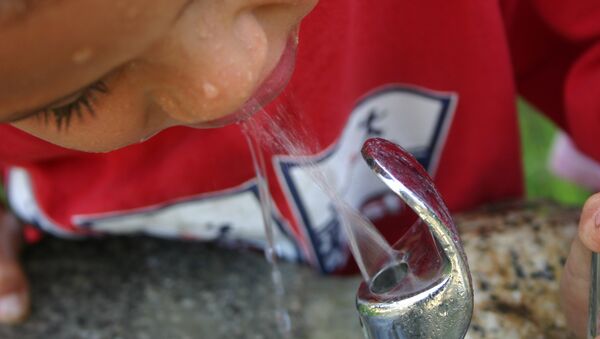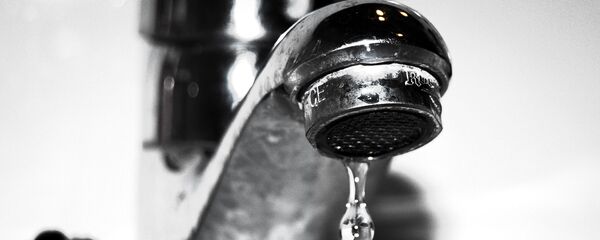Flint has seen a massive uptick in toxic lead poisoning among the city’s children, and may also be to blame for the 87 recent cases of Legionnaire’s disease, 10 of which have been fatal.
Governor Snyder told journalists on Thursday that the string of cases occurred from June 2014 to November 2015, while Flint was using lead-poisoned water.
A study conducted by scientists at Virginia Tech tested the water in 271 Flint homes last summer found some contained lead levels so high that they fell under the EPA's definition of "toxic waste."
Measured in parts per billion (ppb), there is no “safe” amount of lead that can be found in a water supply, but the EPA recommends action be taken to reduce anything over 15 ppb — though even levels of 5 ppb can be dangerous.
In some cases, the study found levels of 158 ppb, over 10 times the EPA limit, but that wasn’t the worst. More than half of the readings came in at over 1,000 ppb, and some even hit 5,000 ppb — the level at which the EPA considers water to be “toxic waste.”
The highest level the researchers found was a massive 13,000 ppb, more than double what is considered toxic waste. Photos published by the researchers show particles and contaminates that are clearly visible to the naked eye.
Despite not drinking the water, one family’s 4-year-old child was poisoned by lead.
“It is possible that in this unusual case, that the level of lead in the water was so high, that her children did not have to drink it to be exposed. Ingesting the lead indirectly, after washing their hands, showering, bathing or even washing dishes, may have caused the high lead in their blood,” the researchers wrote.
There are currently petitions circulating for the resignation, and even the arrest, of Snyder for his inaction in keeping the residents of Flint safe.
On Friday, Michigan Attorney General Bill Schuette announced an investigation has been launched into the water crisis and into whether any of the government’s failings of this city were criminal actions.
"In 21st century America, no one should have to fear something as basic as turning on the kitchen faucet," Schuette said in a statement.




